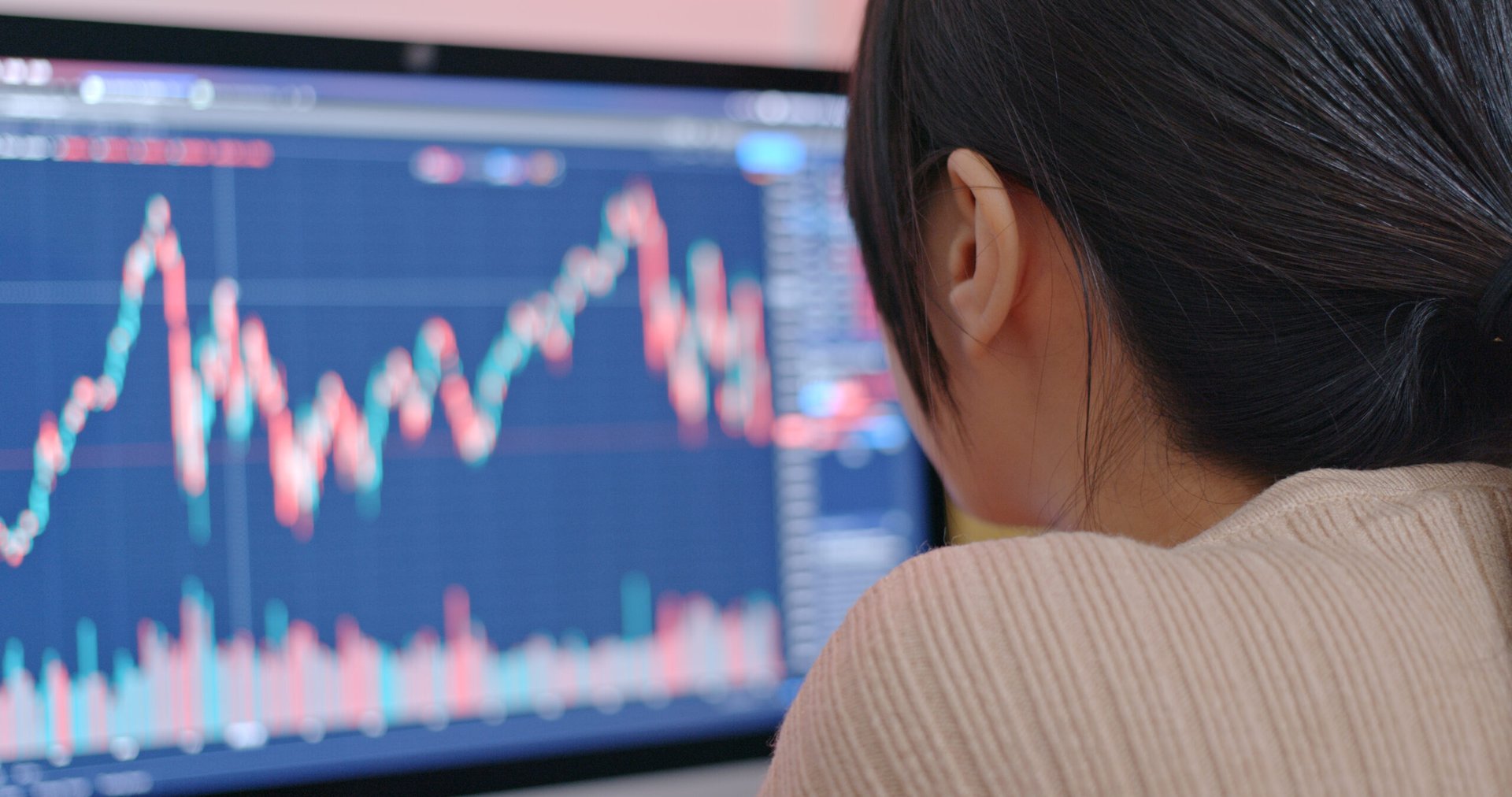
Can social media chatter predict stock market returns?
A recent research paper from four economists at the Federal Reserve says yes.
Using data from 4.4 million tweets posted since 2007, the researchers created the Twitter Financial Sentiment Index to track sentiment — whether users are feeling positively or negatively about financial conditions — on the social media network. They found that the tone of tweets overnight (between the hours of 4 p.m. and 9 a.m. Eastern Standard Time) could be used to forecast the S&P 500 index‘s returns the following day.
In other words: “the worse the Twitter sentiment, the lower the daily S&P 500 index returns,” the researchers wrote.
How Twitter can predict stock market moves
Here’s how the sentiment tracker works. The researchers used a language model tool to assign a numeric value to each tweet depending on if the tweet most likely conveys positive, neutral or negative sentiment. That all goes into the Twitter Financial Sentiment Index, and the researchers found that an index measurement that is one standard deviation lower than usual overnight will lead to returns that are six basis points lower in the S&P 500 the next day.
Put simply, tweets that are more negative than usual tend to precede losses in the stock market.
The reason for that pattern, the researchers wrote, is that market-moving information (like about regulatory changes, a major bankruptcy or bad economic news) often circulates on Twitter before the stock market officially opens at 9:30 a.m Eastern Standard Time. That information also gets baked into stock prices once daily trading begins.
Can Twitter predict surprises from the Fed?
It’s not just stock market returns.
The researchers focused in particular on Twitter activity on the days that the Fed releases policy decisions, and found that declining sentiment on the day before a Fed announcement can predict the magnitude of a “restrictive monetary policy shock” — i.e., a surprise rate hike. It can also forecast how the market will react to a Fed announcement.
This could have some major implications for investors and Fed officials alike moving forward. The researchers note that moves from the Fed that should be “unforecastable” are actually “debated in the Twitter conversation” ahead of an announcement. It’s worth noting that this only applies to unexpected rate hikes — Twitter sentiment could not, on the other hand, predict the size of a surprise rate cut.
As social media grows, its influence on the financial world is only getting stronger. Another study released this spring, for instance, found that Twitter chatter helped fuel the run that led to the collapse of Silicon Valley Bank in March. Those researchers concluded that other banks could face similar risks in the future.
© Copyright 2023 Money Group, LLC. All Rights Reserved.
This article originally appeared on Money.com and may contain affiliate links for which Money receives compensation. Opinions expressed in this article are the author’s alone, not those of a third-party entity, and have not been reviewed, approved, or otherwise endorsed. Offers may be subject to change without notice. For more information, read Money’s full disclaimer.




Add a Comment
Our Policy: We welcome relevant and respectful comments in order to foster healthy and informative discussions. All other comments may be removed. Comments with links are automatically held for moderation.